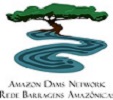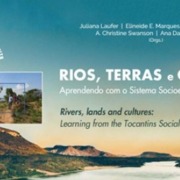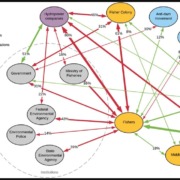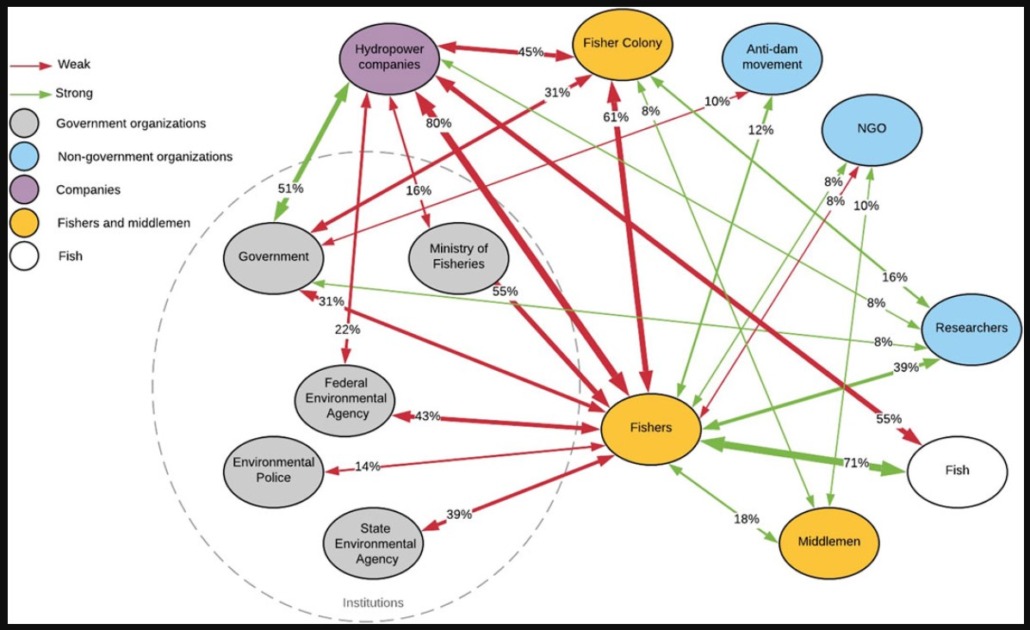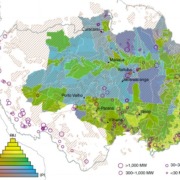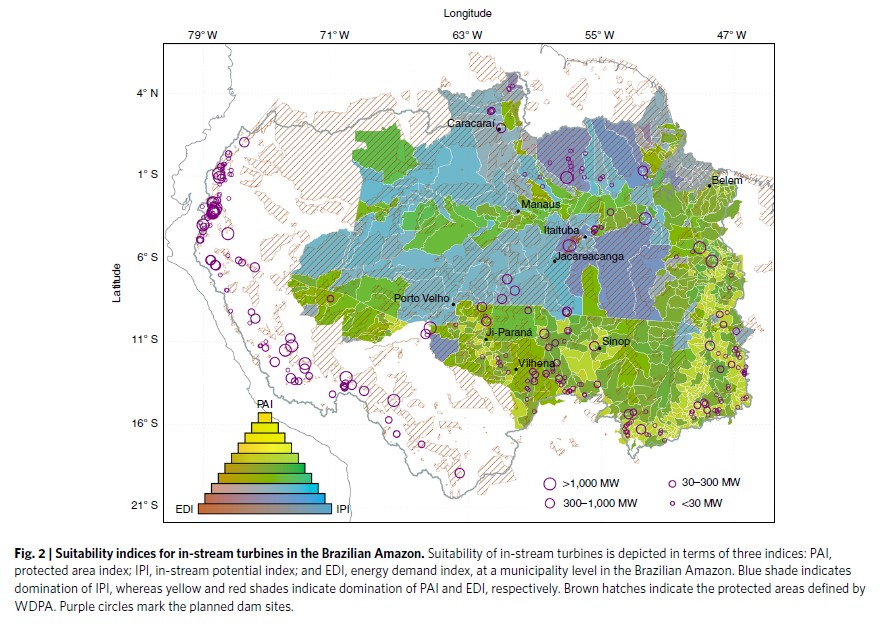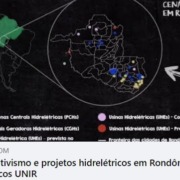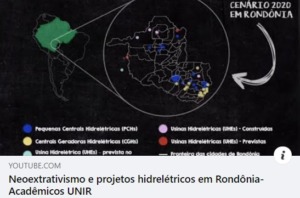Chapter 3.3 – Climate change impacts on Native American water resources: engaging in culture-based solutions
Impactos das mudanças climáticas nas águas dos povos Nativos Americanos: engajamento em soluções baseadas na cultura
O capítulo 3.3 – seção 3 do livro, versa sobre uma pesquisa coordenada pelo grupo da Dra. Karletta Chief, sobre o impacto do derramamento da mina Gold King no Rio San Juan. Foram investigados os impactos do derramamento sob a perspectiva do povo Navajo. Apontou-se 42 atividades, incluindo as artesanais e artísticas, de subsistência e de recreação – uma perspectiva muito mais ampla do que a do rio como um recurso exclusivo de recreação. Nesse tipo de pesquisa, uma abordagem participativa é fundamental. Assim, esse relato traz a experiência da comunicação bilateral, que foi facilitada pelas sessões de escuta nas quais a comunidade pode ouvir e dar voz a suas preocupações.
O texto destaca que os povos necessitam preparar-se com urgência para os impactos das mudanças climáticas, ao mesmo tempo, as medidas de adaptação devem estar acopladas às agendas tribais existentes para que sejam bem-sucedidas. Sabe-se que muitas vezes, os povos indígenas são deixados de fora da discussão, mas as sessões de escuta são uma maneira de mudar isso, pois possibilitam que os mesmos se tornem protagonistas das soluções que as áreas indígenas precisam.
Para ler o texto completo acesse o link: https://www.editorafi.org/19rios
Ressaltamos que para cada capítulo a versão em português é seguida imediatamente pela versão em inglês.
Climate change impacts on Native American water resources: engaging in culture-based solutions
Chapter 3.3 – section 3 of the book, describes research on the impact of the Gold King mine spill in the San Juan River, coordinated by Dr. Karletta Chief. Spill impacts were investigated from the perspective of the Navajo people. 42 activities, including craft, artistic, subsistence, and recreational activities were identified – a much broader perspective than that of the river as an exclusively recreational resource. In this type of research, a participatory approach is essential. Thus, this report brings the experience of bilateral communication, which was facilitated by listening sessions in which the community can hear and voice its concerns.
The text highlights that people urgently need to prepare for the impacts of climate change. At the same time, adaptation measures must be coupled with the existing tribal agendas in order to be successful. It is known that indigenous peoples are often left out of the discussion, but listening sessions are a way of changing this, enabling them to become protagonists in the solutions that indigenous areas need.
To read the full text, access the link: https://www.editorafi.org/19rios
We emphasize that for each chapter the version in Portuguese is followed immediately by the version in English.
